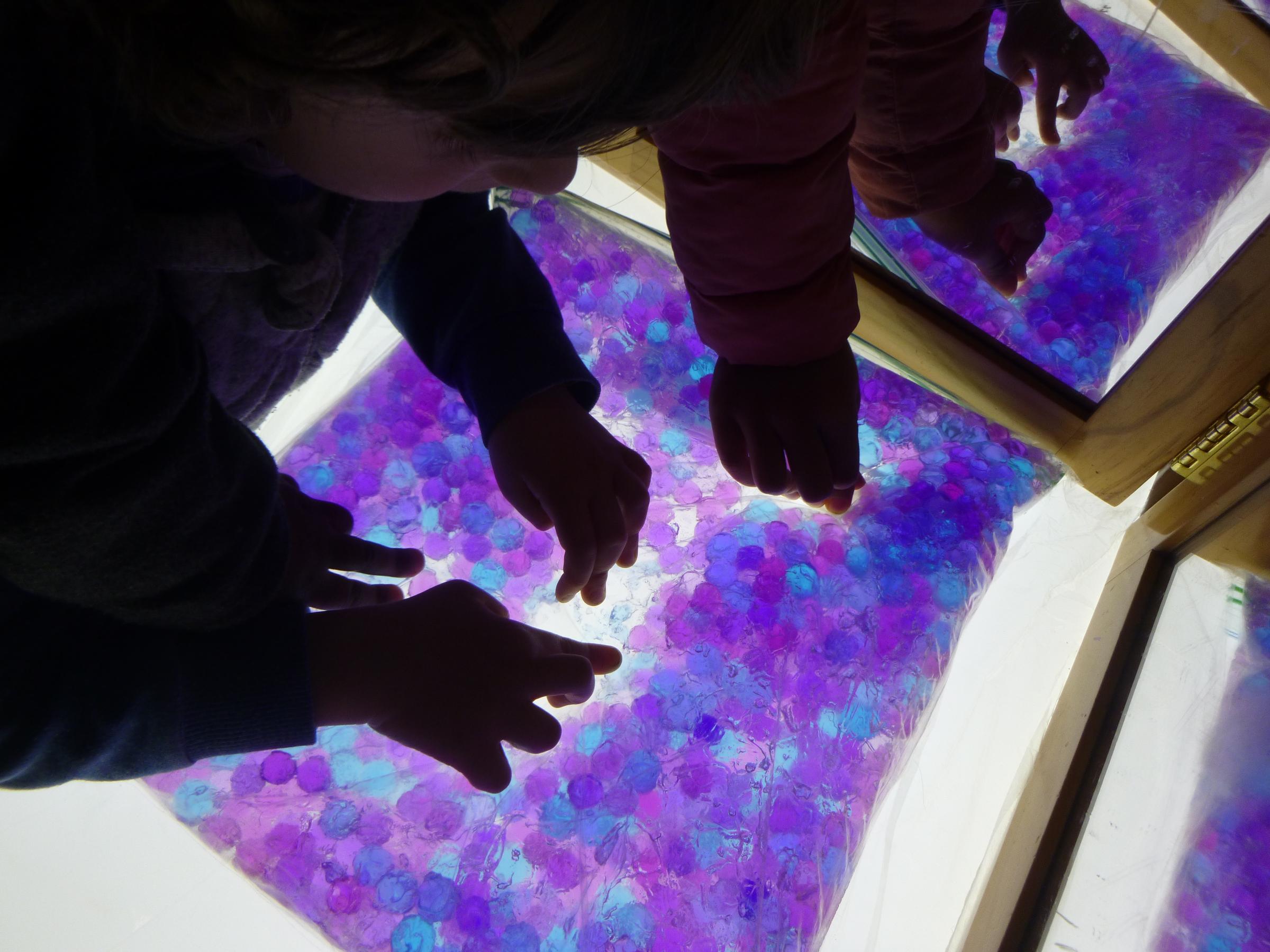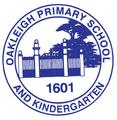School Readiness

School Readiness - what is it?
As we move through term three, some of our families are beginning to think more about their child beginning school. Starting school is a big step for children and their families.
We are often asked about how we get children ready for school, what kind of school readiness program we offer. The short answer is kindergarten is a school readiness program. There is though, also a longer answer.
It is in many ways easier to say what a school readiness program is not. It is not a short term plan. It is not reading, writing, counting, reciting the alphabet, although these are all part of a play based kindergarten program - just maybe not in a way that may seem obvious. Evidence based research, journal articles and professional development all support the understanding that young children learn best in a play based environment. Literacy and numeracy skills are a part of each day of learning at kindergarten through games, songs, books, conversations and areas set up carefully and thoughtfully by educators. We support children to develop a love of learning, to try new things, and to practice the skills they already have. School readiness is not a program, it is a continuation of learning from birth, through building relationships with family, friends, at child care and kindergarten. It is building on the development of each child's skills and knowledge.
We know that a smooth transition to school supports children in their continuing learning journey. We know too the importance of supporting children's social and emotional skills. On supporting children as they develop more self-regulation, as they learn to talk about how they are feeling and helping children find ways to express strong emotions in ways that support a strong sense of well being. We plan for and support this throughout the year with games, stories and individual support for children.
Being ready for school includes children being able to play as part of a group of other children, being able to following instructions, sitting in a group, listening to a story, waiting to have a turn, sharing play items and also sharing people's space and time. It involves self-help skills, such as opening and closing a lunch box, packing their own bag and being responsible for their own belongings, such as clothing and drink bottles.
Pressuring your child into doing things they are not ready for will not help them be ready for school. School readiness is not tracing letters, copying words, being made to write random words out of context, or rote memorising the alphabet. Your child will be developing and showing a great many literacy skills that are part of the process of learning to write. For example, holding a pencil consistently in a tripod hold. Recognising their name in print. Attempting to, or writing their own name. Using writing-like marks in their play. Listening to stories, talking about what happens in a story, to name but a few.
Similarly children express their number knowledge through play, and we plan for and set up a range of numeracy learning at kindergarten to support and develop these skills. For example, playing games with dice, counting games and songs, making hop scotch, using dominoes or Uno cards.
For children in four year old kinder who are moving on to Prep the following year, teachers write an individual Transition Statement. The Transition Statement outlines children's strengths, and ways to best support them to continue learning. The statement has a section for families, where they can talk about their own perspective of their child, and there is a section for children to add their voice relating to their ideas and expectations of school. The Transition Statements are sent to the child's school where Prep teachers read through them. Prep staff also contact the kindergarten teachers to have longer conversations about ways to support children.
The kindergarten also works closely with the Out of School Hours Care program, and we have an orientation session for all children in four year old kindergarten, with the Out of School Hours Care coordinator during kinder session hours. This gives children a chance to get to see the space that the OSHC use and to meet some of the OSHC staff. A copy of the transition statement also goes to OSHC if families indicate they will be using this service.
School Readiness is really an ongoing part of early childhood. It is not a program or a short term goal. It is not being able to read, write or complete basic math. It is about a child being emotionally and socially ready to deal with being at school for long periods of time, being able to follow instructions, self regulate their emotions, ask for help, cope with being in a larger and louder play ground.
School readiness is something that the kindergarten supports through the program we provide all year. It is something that is supported at home through organising play dates, going to parks, reading books, playing fun games with dice, or games with cards for memory, snap, Uno. Through providing your child with paper, pencils and free time to just play, draw, sing, dance and be. School readiness is getting to know the staff at your child's school, reading the information they provide, going to the information sessions on offer. School readiness is a support system for children, provided by their family, kindergarten and the new school all working to support each child and give them the best possible start to their school life, and to continue the learning they have been doing since birth.
